11 Everyday Foods with Unexpected Health Superpowers
In a world where instant gratification often trumps nutritional value, it's easy to overlook the humble ingredients that quietly transform our meals into health-boosting powerhouses. These food heroes, often overshadowed by more glamorous superfoods, are accessible, affordable, and versatile. They seamlessly integrate into our daily diets, offering a myriad of health benefits that can enhance our well-being. This article delves into the surprising food heroes that fortify our everyday meals, revealing their hidden virtues and practical applications. As we explore these 11 unsung champions, you'll discover how they contribute to a balanced diet, support bodily functions, and promote longevity. From common pantry staples to overlooked produce, these ingredients deserve recognition for their role in nurturing our health. Join us on this culinary journey as we uncover the secrets behind these everyday marvels and learn how to incorporate them into your meals for a healthier lifestyle.
1. The Oat: A Heart-Healthy Staple
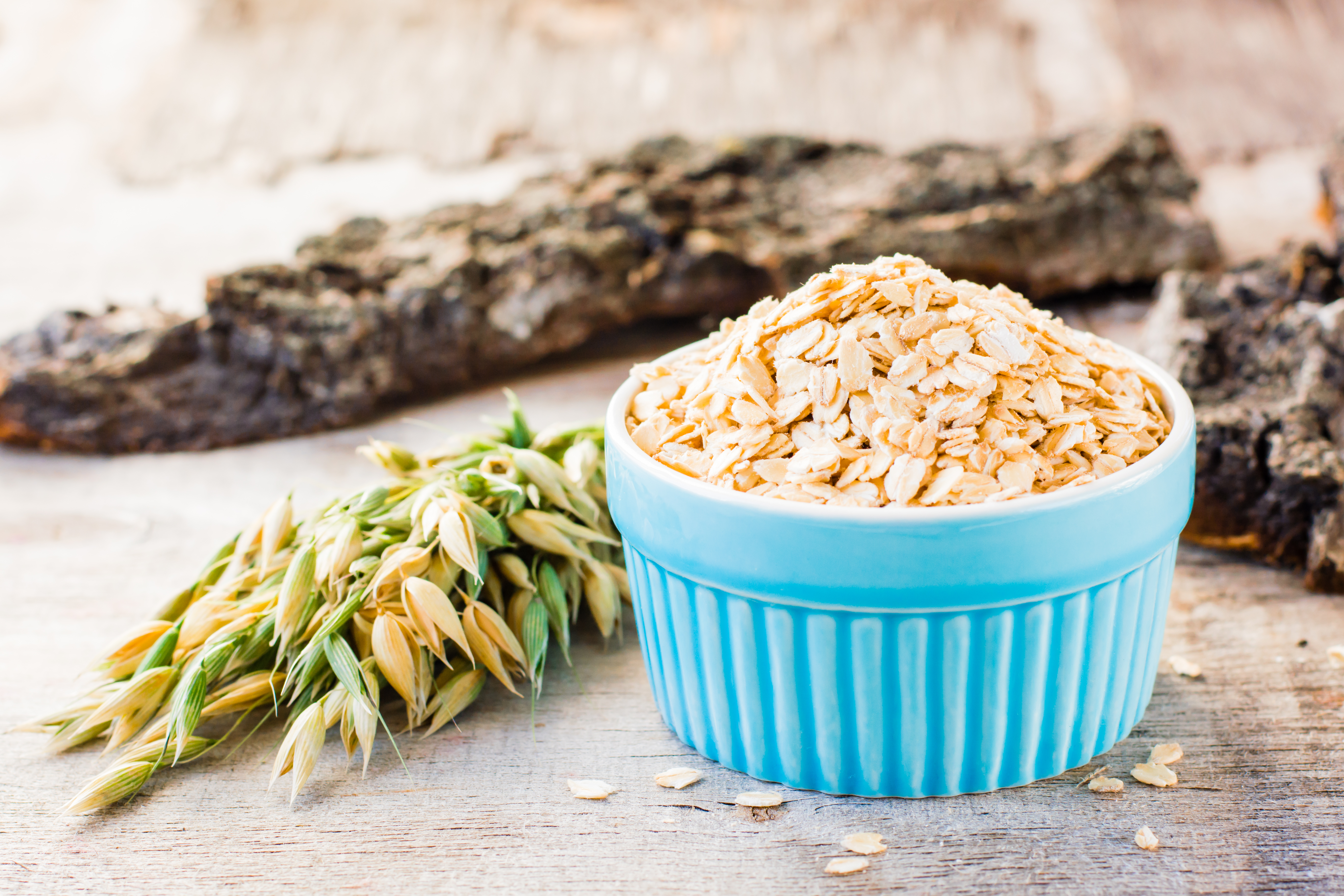
Oats, a breakfast staple for many, are more than just a convenient start to the day. Packed with beta-glucan, a type of soluble fiber, oats help reduce cholesterol levels, thereby lowering the risk of heart disease. This fiber forms a gel-like substance in the gut, binding with cholesterol-rich bile acids to facilitate their excretion. Beyond heart health, oats also stabilize blood sugar levels, making them an excellent choice for sustained energy release. Rich in antioxidants such as avenanthramides, oats possess anti-inflammatory properties that further support cardiovascular health. Incorporating oats into your diet is simple and versatile; whether in the form of oatmeal, granola, or even oat-based smoothies, they offer a nutritious and satisfying option. As a whole grain, oats also contribute to digestive health by promoting regular bowel movements and supporting a healthy gut microbiome.
2. The Mighty Lentil: A Protein Powerhouse
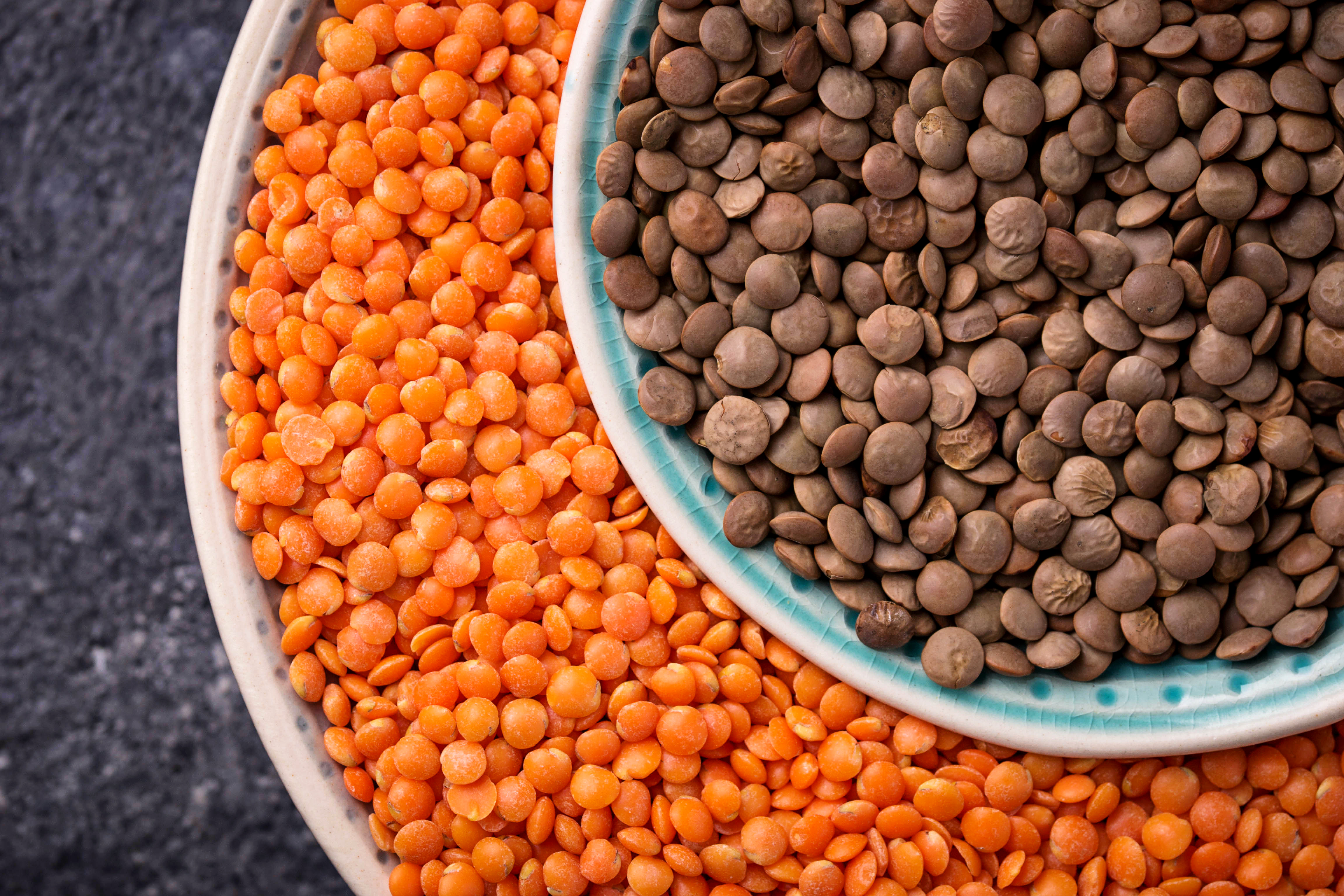
Lentils, often overshadowed by more exotic legumes, are a nutritional gem that deserves a place in your pantry. These tiny legumes are a rich source of plant-based protein, making them an excellent meat alternative for vegetarians and vegans. They are also high in dietary fiber, which aids in digestion and helps maintain stable blood sugar levels. Lentils are packed with essential nutrients such as iron, folate, and magnesium, which support energy production and red blood cell formation. Their low glycemic index makes them a smart choice for those managing diabetes or aiming to maintain a healthy weight. Versatile and easy to cook, lentils can be incorporated into soups, stews, salads, and even baked goods. Their earthy flavor and hearty texture add depth to dishes, making them a satisfying addition to any meal.
3. The Unassuming Garlic: Nature's Antibiotic
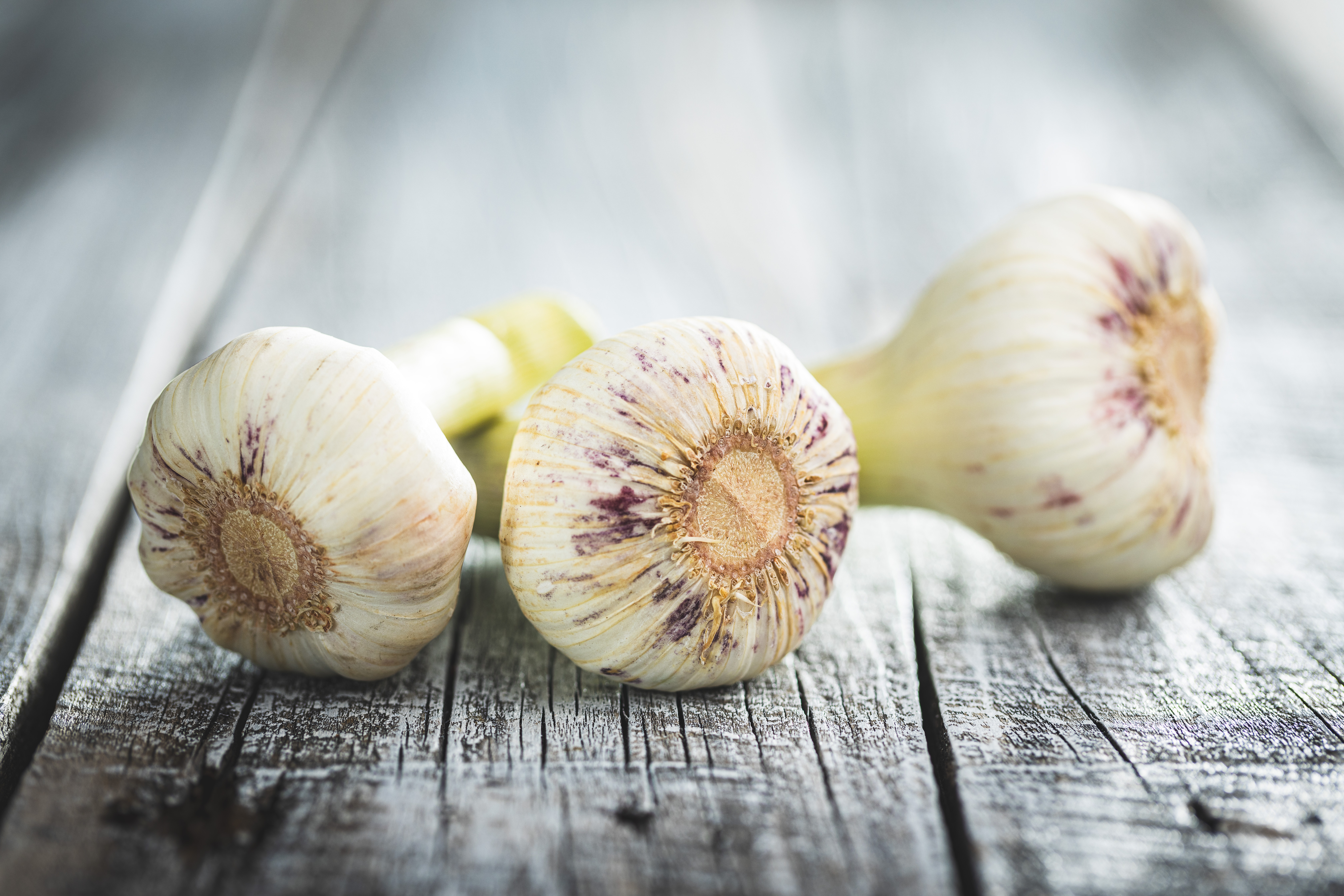
Garlic, a staple in kitchens worldwide, is renowned for its pungent aroma and flavor-enhancing properties. However, its health benefits extend far beyond culinary use. Garlic contains allicin, a sulfur compound with potent antibacterial and antiviral properties, making it a natural remedy for infections. Regular consumption of garlic has been linked to improved immune function, reduced blood pressure, and lower cholesterol levels. Additionally, garlic is rich in antioxidants that protect against oxidative stress and inflammation, contributing to overall health and longevity. Incorporating garlic into your meals is simple; it can be sautéed, roasted, or used raw to add a flavorful punch to dishes. Beyond its culinary applications, garlic supplements are available for those seeking concentrated health benefits without the strong taste.
4. The Versatile Spinach: A Nutrient-Dense Leaf

Spinach, a leafy green often associated with Popeye's strength, is a nutritional powerhouse that supports various aspects of health. Rich in vitamins A, C, and K, as well as minerals like iron and calcium, spinach contributes to bone health, immune function, and skin integrity. Its high antioxidant content, including lutein and zeaxanthin, supports eye health and may reduce the risk of age-related macular degeneration. Spinach is also an excellent source of nitrates, which have been shown to improve blood flow and reduce blood pressure. This versatile green can be enjoyed raw in salads, blended into smoothies, or cooked in a variety of dishes such as omelets, soups, and pasta. Its mild flavor and tender texture make it an easy addition to any diet, providing a nutritional boost without overwhelming the palate.
5. The Humble Sweet Potato: A Carotenoid-Rich Delight

Sweet potatoes, with their vibrant orange hue, are more than just a delicious side dish. They are packed with beta-carotene, a precursor to vitamin A, which is essential for vision, immune function, and skin health. This root vegetable is also a good source of dietary fiber, promoting healthy digestion and aiding in weight management. Sweet potatoes contain a variety of vitamins and minerals, including vitamin C, manganese, and potassium, which support bone health, collagen production, and electrolyte balance. Their natural sweetness and creamy texture make them a versatile ingredient in both savory and sweet dishes. From roasted wedges to creamy soups and even desserts, sweet potatoes can be prepared in numerous ways to suit any taste preference. Their nutritional profile and culinary versatility make them a valuable addition to a balanced diet.
6. The Underrated Sardine: An Omega-3 Treasure

Sardines, often overlooked in favor of more popular fish like salmon, are a nutrient-dense option that deserves more attention. These small, oily fish are an excellent source of omega-3 fatty acids, which are crucial for heart and brain health. Omega-3s help reduce inflammation, lower triglyceride levels, and support cognitive function. Sardines are also rich in vitamin D, calcium, and phosphorus, which contribute to bone health and immune function. Unlike larger fish, sardines have lower levels of mercury, making them a safer choice for regular consumption. They are also a sustainable seafood option, with a lower environmental impact compared to other fish. Sardines can be enjoyed straight from the can, added to salads, or used as a topping for toast. Their rich flavor and nutritional benefits make them a valuable addition to a healthy diet.
7. The Resilient Chickpea: A Fiber-Rich Legume

Chickpeas, also known as garbanzo beans, are a versatile legume that offers a wealth of health benefits. High in dietary fiber, chickpeas support digestive health and help regulate blood sugar levels. They are also a good source of plant-based protein, making them a valuable addition to vegetarian and vegan diets. Chickpeas are rich in vitamins and minerals, including folate, iron, and phosphorus, which support energy production, red blood cell formation, and bone health. Their low glycemic index makes them a smart choice for those managing diabetes or seeking to maintain a healthy weight. Chickpeas can be used in a variety of dishes, from hummus and salads to stews and curries. Their mild flavor and creamy texture make them a versatile ingredient that can enhance both savory and sweet recipes.
8. The Probiotic Power of Yogurt: Gut Health Guardian
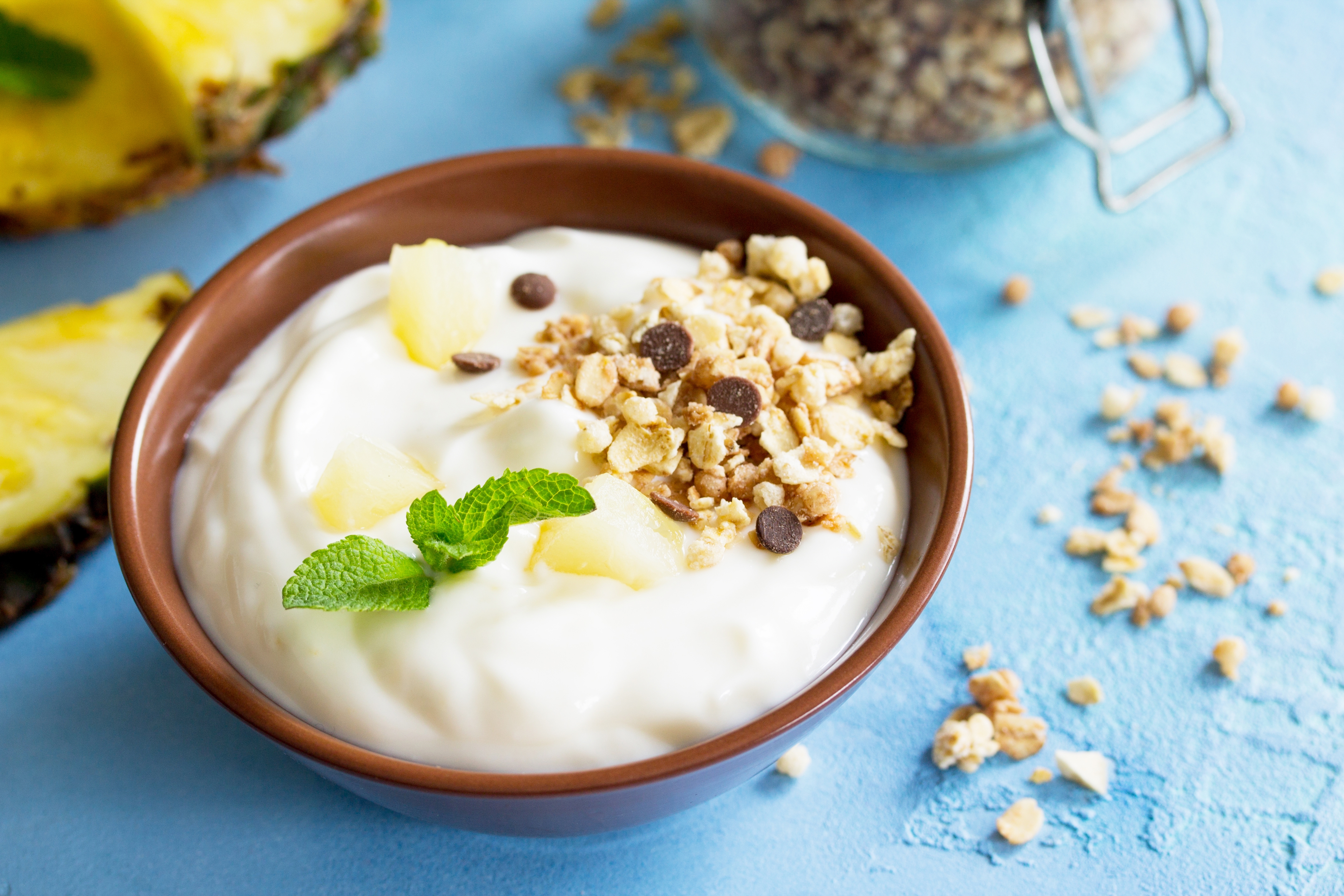
Yogurt, a staple in many diets worldwide, is more than just a creamy treat. It is a rich source of probiotics, which are beneficial bacteria that support gut health. A healthy gut microbiome is linked to improved digestion, enhanced immune function, and even better mental health. Yogurt is also a good source of calcium, protein, and vitamins B2 and B12, which support bone health, muscle function, and energy production. When choosing yogurt, opt for varieties with live and active cultures and minimal added sugars. Yogurt can be enjoyed on its own, used as a base for smoothies, or incorporated into both sweet and savory dishes. Its tangy flavor and creamy texture make it a versatile ingredient that can enhance a variety of recipes while providing a nutritional boost.
9. The Nourishing Almond: A Heart-Healthy Nut
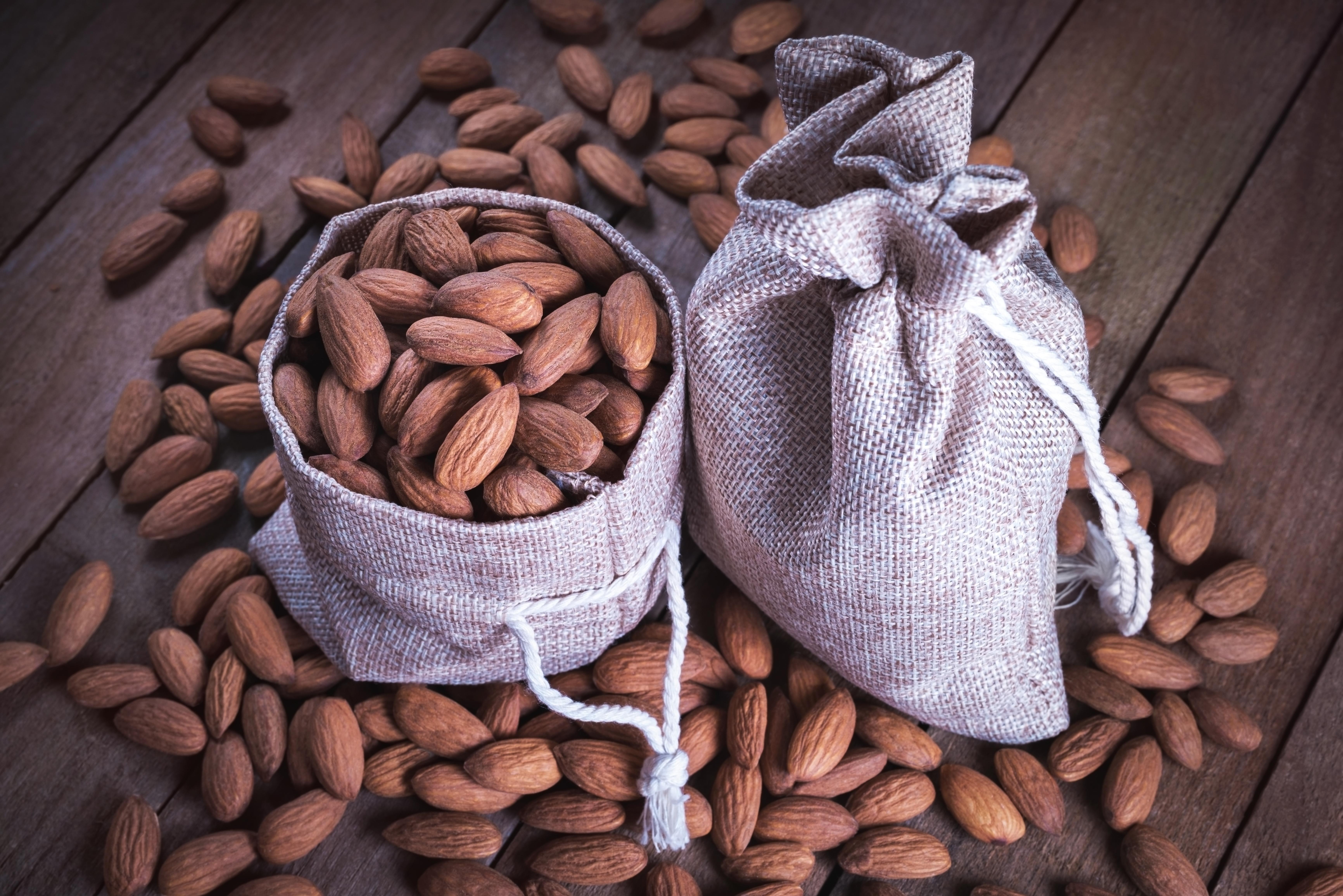
Almonds, often praised for their crunchy texture and mild flavor, are a nutrient-dense nut that offers numerous health benefits. Rich in monounsaturated fats, almonds support heart health by reducing LDL cholesterol levels and promoting overall cardiovascular function. They are also an excellent source of vitamin E, an antioxidant that protects cells from oxidative damage and supports skin health. Almonds provide a good amount of magnesium, which is essential for muscle function, bone health, and energy production. Their high fiber content aids in digestion and helps maintain stable blood sugar levels. Almonds can be enjoyed as a snack, added to salads and baked goods, or used to make almond milk and butter. Their versatility and nutritional benefits make them a valuable addition to a balanced diet.
10. The Vibrant Turmeric: A Golden Anti-Inflammatory
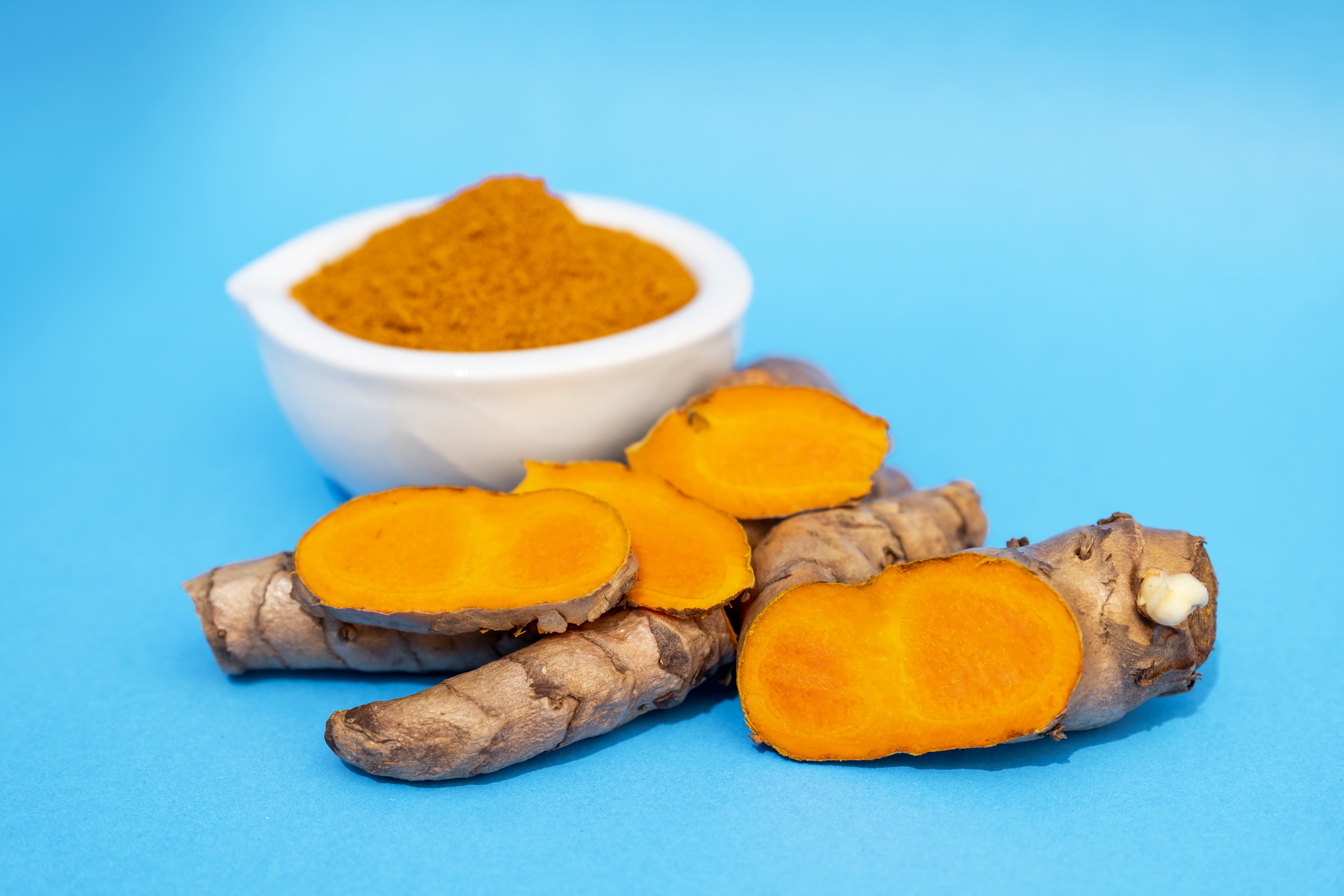
Turmeric, a vibrant yellow spice commonly used in Indian cuisine, is celebrated for its potent anti-inflammatory properties. The active compound in turmeric, curcumin, has been extensively studied for its ability to reduce inflammation and oxidative stress. Regular consumption of turmeric may support joint health, improve brain function, and reduce the risk of chronic diseases. To enhance the absorption of curcumin, it is often recommended to consume turmeric with black pepper, which contains piperine. Turmeric can be used in a variety of dishes, from curries and soups to smoothies and teas. Its warm, earthy flavor adds depth to recipes while providing a nutritional boost. As a natural anti-inflammatory, turmeric is a valuable addition to any diet aimed at promoting overall health and well-being.
11. The Refreshing Cucumber: Hydration and Beyond

Cucumbers, often associated with spa treatments and summer salads, offer more than just a refreshing crunch. Composed primarily of water, cucumbers are an excellent source of hydration, especially during hot weather. They also contain important nutrients such as vitamin K, potassium, and magnesium, which support bone health, electrolyte balance, and muscle function. Cucumbers are rich in antioxidants, including flavonoids and tannins, which help reduce inflammation and protect against chronic diseases. Their high water content and low calorie count make them a smart choice for weight management. Cucumbers can be enjoyed raw in salads, blended into smoothies, or used as a base for cold soups. Their mild flavor and crisp texture make them a versatile ingredient that can enhance a variety of dishes while providing a hydrating and nutritious boost.
Embracing Everyday Food Heroes

As we've explored the surprising food heroes that boost our health in everyday meals, it's clear that these ingredients offer more than just flavor and sustenance. They provide essential nutrients, support bodily functions, and contribute to overall well-being. By incorporating these humble yet powerful ingredients into our diets, we can enhance the nutritional value of our meals and support a healthier lifestyle. From oats and lentils to garlic and turmeric, these food heroes are accessible, affordable, and versatile, making them easy to integrate into our daily routines. As we embrace these culinary guardians of health, we not only nourish our bodies but also cultivate a deeper appreciation for the simple ingredients that sustain us. Let this journey inspire you to explore the potential of everyday foods and discover the transformative power they hold for your health and well-being.